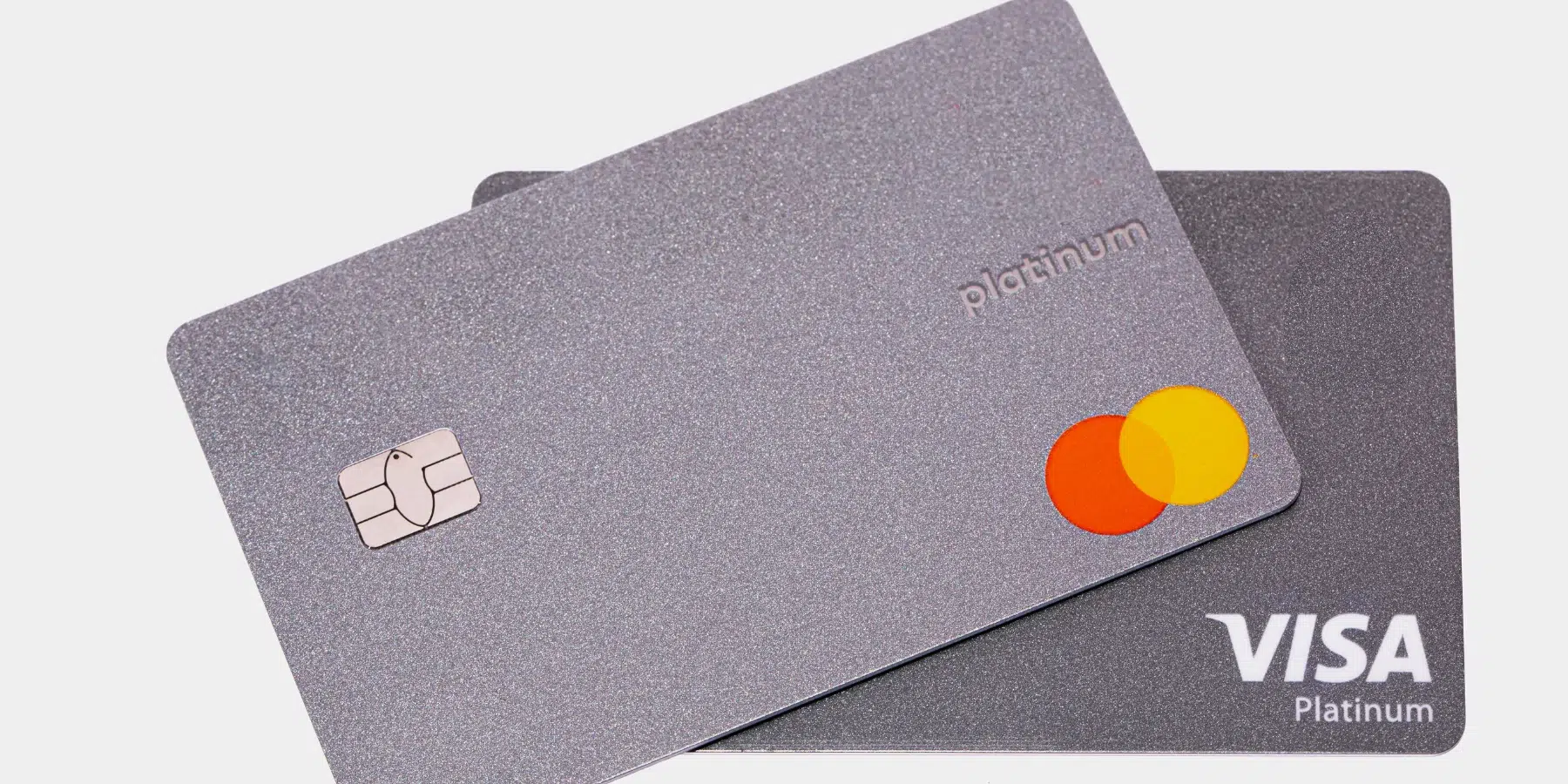
Visa and Mastercard
Visa and Mastercard
Renowned global payments giants Visa and Mastercard are on the brink of escalating fees associated with credit card transactions, particularly those initiated online. This impending move, expected to roll out in two phases—October and April—could ripple through the market, influencing how online shopping is perceived.
Breaking Down the Imminent Fee Hike
At the core of this strategic decision lies the interchange fee, a fundamental charge a retailer pays to the card-issuing institution each time a customer utilizes their credit card. Notably, these are not just mere percentage points on paper. They have concrete implications for both businesses and consumers.
The Changing Dynamics of Online Shopping
In contemporary years, online shopping has observed an increase, with patrons fancying the accessibility and variety extended by e-commerce stages. This surge might be the justification behind Visa and Mastercard’s determination to remarkably raise fees on online transactions. The higher the capacity of transactions, the more proceeds these payment processors can produce from increased intersection fees.
Consumer Implications: Will You Pay More?
Historically, any augmentations in the interchange fees have invariably trickled down to the end consumers. Regulators have often highlighted how these added expenses for merchants eventually find their way into consumers’ bills, making goods and services pricier. With the proposed “Credit Card Fee Surge”, online shoppers might have to tighten their belts and potentially re-evaluate their purchasing behaviors.
Market Response and Stock Implications
Even before the official rollout of the revised fees, the market has already shown a tangible response. Mastercard’s shares witnessed a 1.3% uplift, whereas Visa experienced a 1.1% spike. This positive sentiment in the stock market underscores investors’ confidence in the financial viability of this decision.
Is this a global trend?
Although Visa and Mastercard are significant players in the global financial market, it remains to be seen whether further payment processors will pursue suit. Will this develop a global trend in payment processing, or will it endure for these two giants?
Seeking Official Comments
Although these disclosures have shown ripples beyond business cooperation and among patrons, official perspectives from both Visa and Mastercard remain vague. As of now, they haven’t observed the Wall Street Journal’s narrative, which has become the primary trace of this news.
Conclusion: Navigating the “Online Shopping Impact”
The digital age has transformed the way we shop, making online purchases a significant part of our lives. As Visa and Mastercard gear up to introduce heightened interchange fees, consumers globally await the potential repercussions. The question remains: Will this deter the modern shopper or just become another accepted aspect of digital commerce? The coming months will undoubtedly provide some answers.
Summary:
Global payment titans Visa and Mastercard are poised to raise interchange fees, particularly on online transactions. This fee is a charge merchants pay to card-issuing banks each time a credit card is used. Such hikes historically end up impacting consumers, as increased merchant costs often translate into higher prices for goods and services. Set to roll out in two phases—October and April—this move has already influenced the stock market, with both companies witnessing a rise in shares. While online shopping has become integral to modern consumers, these impending fee escalations could reshape purchasing behaviors. As the world awaits an official statement from both entities, there’s speculation on whether this trend will be adopted globally or remain specific to Visa and Mastercard. The broader implications of this decision on digital commerce will unfold in the upcoming months.




